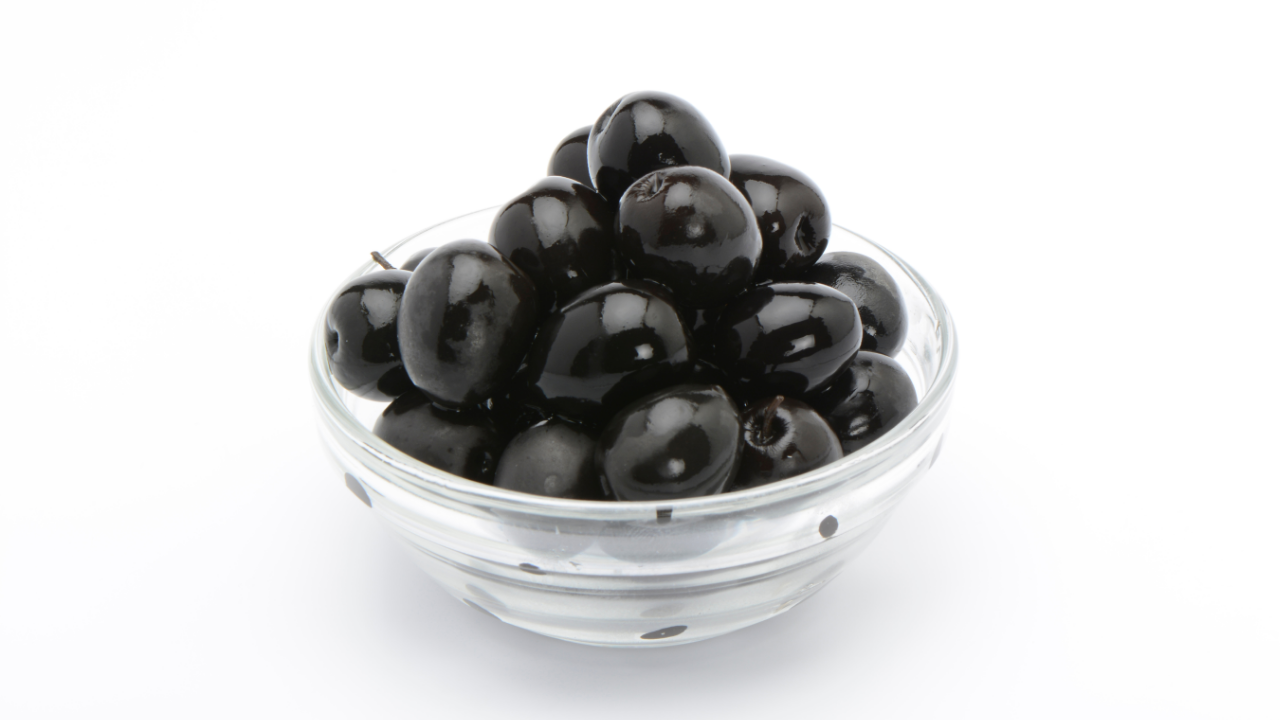Black olives are a staple in many cuisines worldwide, known for their rich flavor and versatility. But are they actually good for your health? Let’s explore the nutritional benefits and potential advantages of incorporating black olives into your diet.
Are Black Olives Good For You?
1. Rich in Antioxidants
Black olives are packed with antioxidants, including vitamin E and polyphenols, which help protect your cells from damage caused by free radicals. These compounds may reduce the risk of chronic diseases like heart disease and cancer.
Black olives are indeed beneficial due to their high antioxidant content. These antioxidants work to combat oxidative stress in the body, which can lead to various health issues. By incorporating black olives into your diet, you can boost your antioxidant intake and support overall health.
2. Healthy Fats
While olives are high in fat, the majority of this fat comes from heart-healthy monounsaturated fats. These fats have been linked to improved heart health and may help lower bad cholesterol levels, reducing the risk of cardiovascular disease.
The monounsaturated fats found in black olives are essential for maintaining healthy cholesterol levels and reducing the risk of heart disease. Including black olives in your diet can be a delicious way to incorporate these beneficial fats into your meals.
3. Nutrient Dense
Black olives are a good source of several essential nutrients, including iron, vitamin E, and copper. These nutrients play vital roles in various bodily functions, such as energy production, immune function, and collagen synthesis.
With their nutrient-rich profile, black olives can contribute to your overall nutrient intake, supporting optimal health and well-being. Incorporating them into your meals adds not only flavor but also a nutritional boost.
4. Promotes Healthy Skin
The vitamin E content in black olives helps maintain healthy skin by protecting it from damage caused by free radicals and UV radiation. Additionally, the monounsaturated fats in olives may help keep the skin moisturized and supple.
Including black olives in your diet can contribute to healthier, more radiant skin. The combination of vitamin E and healthy fats supports skin health from the inside out, providing a natural glow.
5. Supports Bone Health
Black olives contain essential minerals like calcium and magnesium, which are crucial for maintaining strong and healthy bones. These minerals play a vital role in bone formation and density, reducing the risk of osteoporosis and fractures.
Incorporating black olives into your diet can help support bone health and reduce the risk of age-related bone disorders. Their calcium and magnesium content ensures that your bones remain strong and resilient.
6. May Aid in Weight Management
Despite their relatively high fat content, black olives can still be included in a weight management plan. The monounsaturated fats in olives can help increase satiety and reduce hunger, making it easier to control calorie intake.
Adding black olives to salads, sandwiches, or pasta dishes can enhance flavor and satisfaction without significantly increasing calorie intake. This makes them a valuable addition to a balanced diet aimed at weight management.
7. Gut Health
Black olives contain fiber, which is essential for digestive health. Fiber helps promote regular bowel movements, prevents constipation, and supports a healthy gut microbiome by serving as food for beneficial bacteria.
By including black olives in your diet, you can support overall gut health and promote digestive regularity. The fiber content helps maintain a healthy balance of gut bacteria, which is essential for optimal digestion and nutrient absorption.
8. May Reduce Inflammation
The antioxidants and healthy fats found in black olives have anti-inflammatory properties that may help reduce inflammation throughout the body. Chronic inflammation is linked to various health conditions, including heart disease, arthritis, and obesity.
Incorporating black olives into your diet can help combat inflammation and reduce the risk of associated health issues. Their anti-inflammatory effects contribute to overall well-being and may help alleviate symptoms of inflammatory conditions.
9. Versatility in Cooking
Black olives are incredibly versatile and can be used in various dishes, from salads and pizzas to pasta sauces and tapenades. Their unique flavor adds depth to recipes, making them a favorite ingredient in Mediterranean cuisine.
With their versatility, black olives offer endless possibilities for culinary creativity. Whether enjoyed on their own as a snack or incorporated into savory dishes, they provide flavor and nutritional benefits to meals.
10. May Improve Brain Health
The antioxidants in black olives, particularly vitamin E, may help protect brain cells from oxidative damage and age-related decline. Additionally, the monounsaturated fats in olives support healthy brain function and may reduce the risk of cognitive decline.
Incorporating black olives into your diet may contribute to better brain health and cognitive function over time. Their nutrient-rich profile and antioxidant content provide valuable support for optimal brain function throughout life.
In conclusion, black olives offer a range of health benefits, from their antioxidant and nutrient content to their potential role in supporting heart, skin, bone, and brain health. Including black olives in your diet can be a delicious way to enhance your overall well-being and enjoy the many flavors and culinary possibilities they offer.

